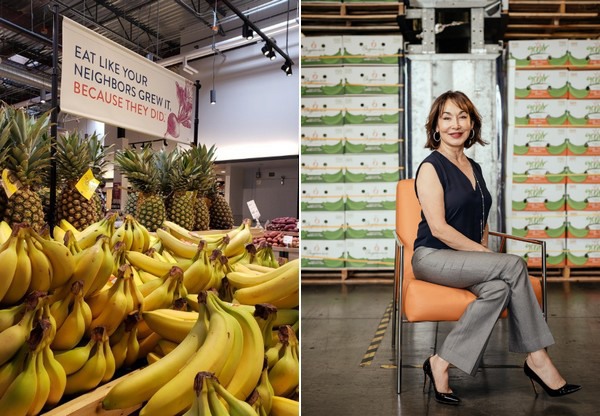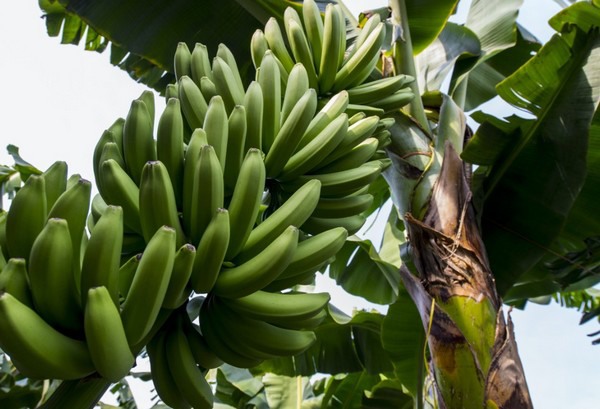Following a tricky winter, the supply of organic bananas is good and where it was expected to be. For Organics Unlimited, its current supply of organic bananas comes from both Mexico and Ecuador. In addition to these two countries, other areas also producing right now include Costa Rica, Colombia, Guatemala, Honduras and Panama.

Meanwhile, demand has been mostly stable though there were some unexpected dips due to unexpected severe weather experienced on the West Coast. “Today’s younger, Gen Z and Millennial consumers are excited to support diverse, socially responsible brands. These generations are among the most active advocates on social and environmental issues, are more likely to look for organic and prefer healthy-for-you snacks,” says Mayra Velazquez de León, president and CEO. “As a woman-owned business committed to organic and ethical sourcing, we are perfectly positioned to capitalize on current trends and have the track record to prove it.” As she notes, for nearly 20 years, Organics Unlimited’s GROW social responsibility program has positively impacted banana-growing regions, helping to break the cycle of poverty and contribute to local economies. “This year, we are doubling down on sharing our brand message with consumers and helping retailers meet these consumer demands by carrying an organic, fairly-traded banana brand,” she says.
However, what remains a challenge for growers of most commodities but particularly bananas--and especially organic bananas--is pricing. “In the past couple of years, there have been small increases in yearly banana prices, though not sufficient to cover the increased costs,” she says.
Continued cost increases
Since the supply chain crisis in 2021, there have been notable increases in input costs from fertilizer to boxes and pallets. Also freight. “Inflation and diesel prices have impacted land and sea freight costs where we’ve seen a 10 percent-15 percent increase in costs,” says Velazquez de León. “We had never seen spot prices as high as we did this winter.”

That said, its partnerships with local growers largely shield the company from this and have enabled it to deliver to clients consistently. That even with a difficult winter where many buyers experienced a 30 percent reduction in contract volumes from other suppliers. “It’s been a difficult, slow, uphill battle to conscientize fair pricing in the market, especially as large corporations continue offering artificially low prices in the market which translates to lower prices for growers who arguably carry the brunt of the risk and impact of inflation,” says Velazquez de León. “From conversations with fellow organic growers, this is being experienced across the board and is not limited only to bananas. This is a material challenge for the industry.”
As for what lies ahead, volume growth will be strong as the weather warms up. “We’re in very good shape since most of our supply is grown in Mexico on our own farms and those of our small family-owned farm partners,” she says, adding that sourcing from Ecuador also helps guarantee uninterrupted supply year-round.
 For more information:
For more information:
Mayra Velazquez de León
Organics Unlimited
Tel: (+1) 619-710-0658
[email protected]
www.organicsunlimited.com
